Rise and fall of the Great Barrier Reef
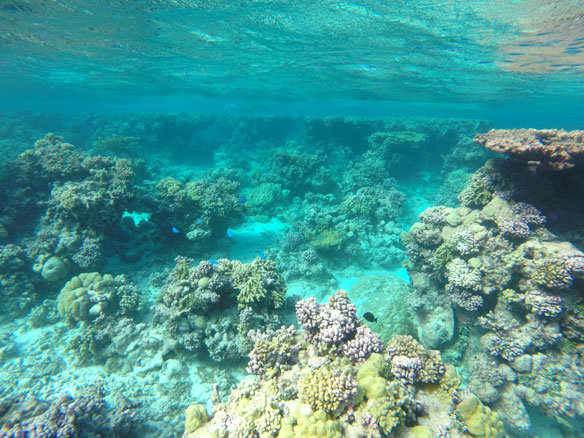
A landmark international study of the Great Barrier Reef has shown that in the past 30,000 years the world’s largest reef system has suffered five death events, largely driven by changes in sea level and associated environmental change.
Shipping and Industry Threaten Famed Home of the Bengal Tiger
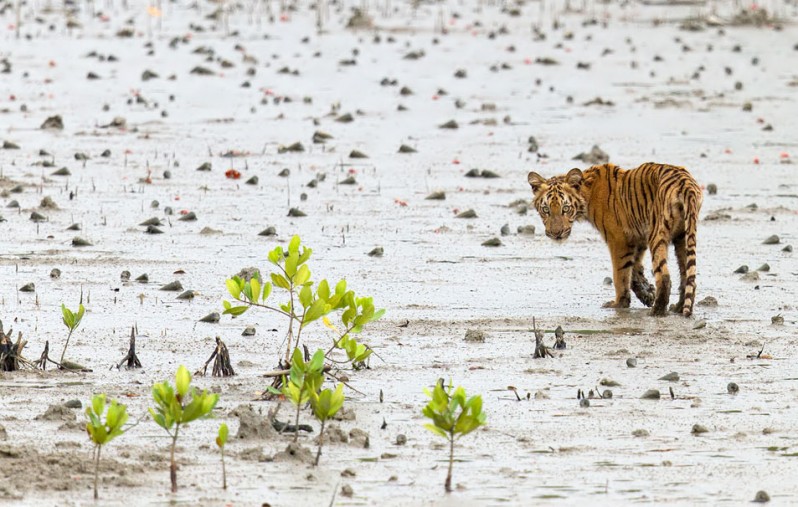
Toxic chemical pollution in the Sundarbans, the largest mangrove forest in the world, is threatening thousands of marine and forest species and has environmentalists deeply concerned about the future of this World Heritage Site.
In pictures: Kenya’s coastal conservation heroes
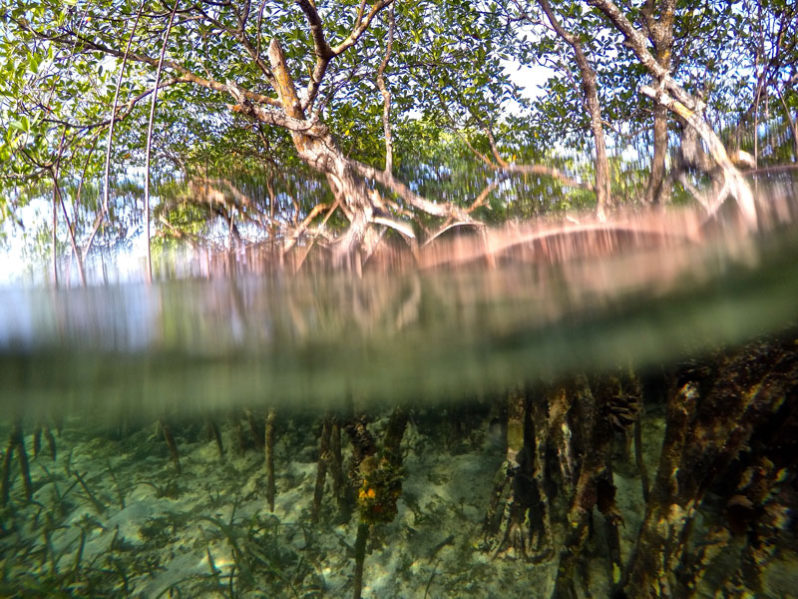
Just 30 km south of the booming port town of Mombasa, residents of two tranquil Kenyan villages are making history. Here, amongst the mud-walled houses and coconut trees, the people of Gazi and Makongeni villages have become the world’s first communities to harness the carbon market through mangrove conservation.
Everglades under threat as Florida’s mangroves face death by rising sea level
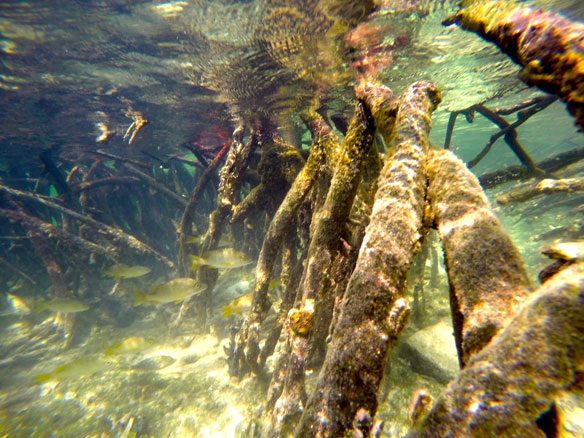
Florida’s mangroves have been forced into a hasty retreat by sea level rise and now face being drowned, imperiling coastal communities and the prized Everglades wetlands, researchers have found.
Could sunscreen be destroying our coral reefs? Hawaii lawmakers say yes

Hawaii is set to become the first state to ban the sale of sunscreens containing oxybenzone or octinoxate, two chemicals believed to be harmful to the environment.
Global warming is transforming the Great Barrier Reef

A new study published online today in Nature shows that corals on the northern Great Barrier Reef experienced a catastrophic die-off following the extended marine heatwave of 2016.
Coral reef experiment shows: acidification from carbon dioxide slows growth
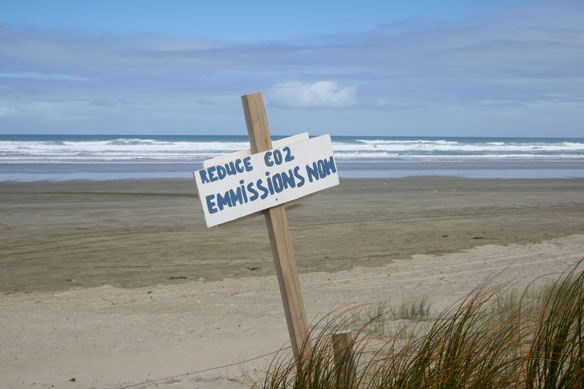
Ocean acidification will severely impair coral reef growth before the end of the century if carbon dioxide emissions continue unchecked, according to new research on Australia’s Great Barrier Reef led by Carnegie’s Ken Caldeira and the California Academy of Sciences’ Rebecca Albright.
Mangroves free of 500 tonne of plastic

Nearly 500 tonne of plastic waste was removed from eight mangrove sites across Mumbai and suburban areas over the last two months. On an average, 70-80 tonne of plastic is removed every week, and 10-15 tonne every day.
Mangroves protect coastlines, store carbon – and are expanding with climate change
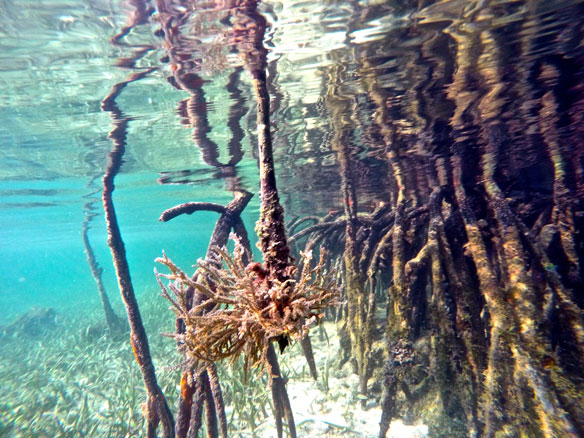
Mangroves are providing extremely valuable services and may become even more important as they expand toward the poles. But according to one recent study, many mangrove ecosystems are not building enough new elevation to keep pace with sea level rise.
